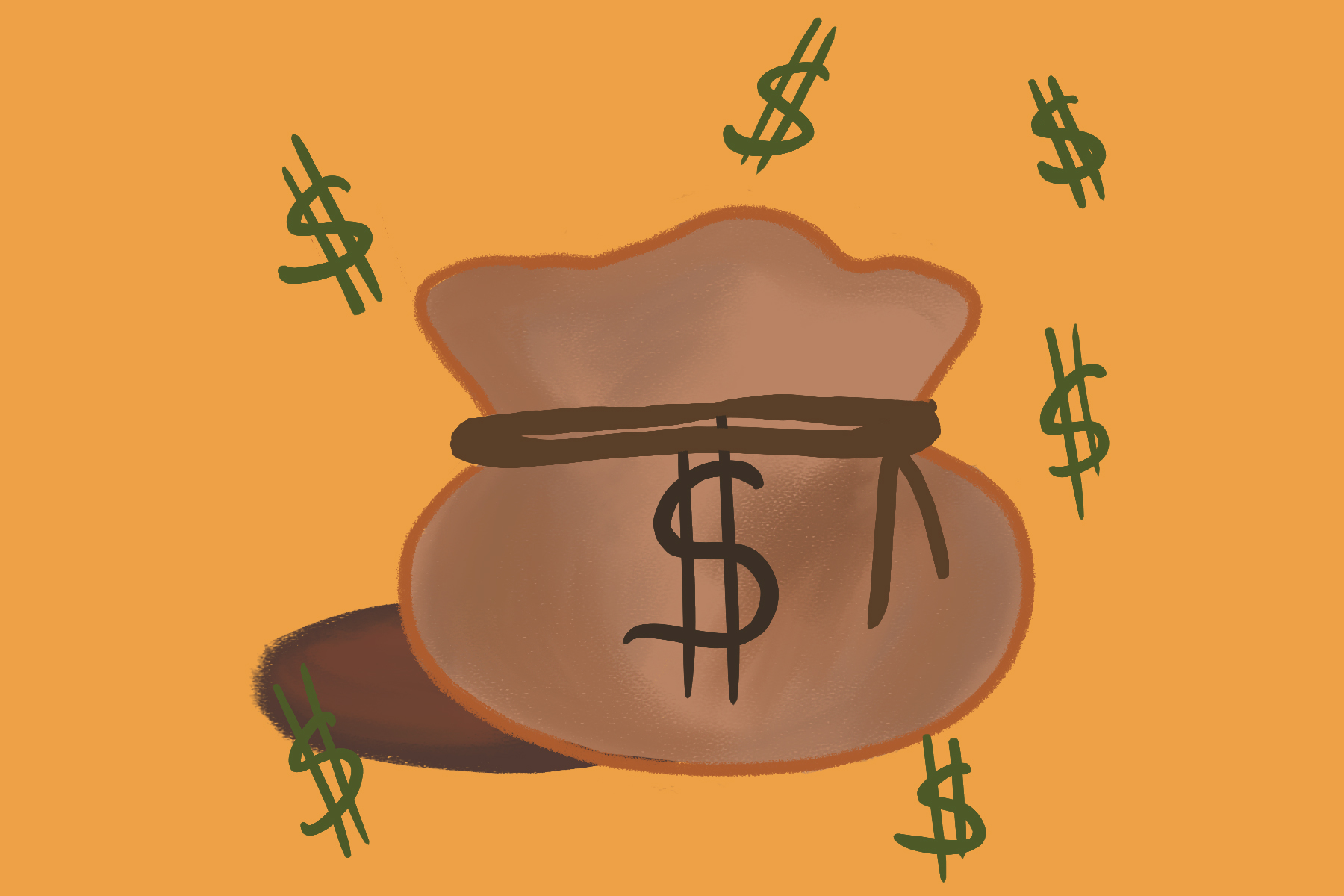In a world where our brains are socially hardwired to desire success, feeling like a failure tarnishes our identity and self-esteem. Some people value success so much they put achieving it over almost everything else. Underpinning our society is a culture that glorifies “the hustle” of working hard for one’s dreams. While having ambition and a good work ethic are just fine and dandy, subscribing to the overwhelming demands of hustle culture comes with a hefty cost on your overall wellbeing.
What exactly is hustle culture? It’s the lifestyle of the constant grind; any time spent on something besides work is time wasted. It inspires an obsession with relentlessly progressing toward whatever arbitrary goal each person dreams up. Moreover, it requires sacrificing inordinately large amounts of time to dedicate toward achieving this goal.
Hustle culture crops up in various social spheres: In entertainment industries, the mindset manifests as continuous creative production despite the nonexistence or quality of current inspiration and motivation. In fact, it appears in nearly every professional environment as the impetus to amass wealth by overworking. Time spent on anything besides work is money not made.
But the mindset also commonly populates college campuses. Many students feel intense pressure to perform well, whether it be from peers, professors, their universities, family members, themselves or all the above. A little pressure from expectations can motivate students to put in effort and keep up with work, but too much puts them under undue stress that negatively affects their quality of life. This stress overwhelms them to the point that maintaining success, or at least the image of it, takes priority over everything else in life, including personal health and happiness.
The toxicity of hustle culture becomes glaringly apparent when you consider what happens when another stressor besides school piles onto a person’s plate. As soon as a physical ailment strikes, productivity plummets and takes self-esteem down with it. Rarely can a person perform well when hindered by feeling like garbage. Sickness interferes with energy and concentration and requires rest for recovery, but that entails a break from constant grinding.
But it’s not just physical health that impacts performance. Mental illness severely inhibits a person in much the same ways as bodily dysfunction, impairing energy, concentration, motivation, cognition and emotional state. It can also strike on random or specific occasions, with or without warning. Beyond chronic mental health problems, traumatic life events also weaken people’s production by upsetting their mood and state of mind.
This type of impairment inspires ambivalent emotions: the desire to rest to recover yet guilt for wanting to do so. From requesting extensions on papers and projects to seeking aid from student services, asking for help can feel like a sign of weakness and an outrageous request. It’s hard to admit you’re struggling when most of the people around you project an image of thriving togetherness. Some people can’t work up to the nerve to ask for accommodations or are denied them and so just bite the bullet and turn in poor work.
Performing worse than normal further deteriorates the mental health of students by reinforcing insecurity over personal worth that is based on the ability to keep up with “the hustle.” The illusion that everyone else is perfectly handling their workload isolates people who feel incapable of doing the same. Failing to fulfill the norms of hustle culture marks you as incompetent and/or lazy, and openly voicing distress makes you a whiner.
Often, students suffer in silence while scrambling to stay afloat as the wider world washes over them. They slap on a cool and collected face while internally screaming from stress and how helpless they feel. As long as their grades don’t drop too much, they decide they’re handling things, even if they cry daily or rely heavily on whichever vice they discover. Calls to parents are fabricated, friendships go unattended and resuming production as usual takes precedence over nearly every other facet of life.
But when their distress starts significantly affecting their classes, they often have no choice but to concede defeat. Unfortunately, that can sometimes come too late. They might not be able to undo the damage dealt to their academic career however minor it might be in the grand scheme of their life. A bad grade deals a resounding blow to the ego and provokes anxiety about future prospects like getting into grad school or finding a job. In worst-case scenarios, students drop out of school altogether because their inability to keep up becomes too overwhelming.
The only way to prevent students and other people from falling prey to hustle culture is to normalize taking a break from hustling when it’s needed. We need to talk about how much of a toll the pressure of success takes on those who can’t feasibly meet the culture’s unrealistic standards of performance. It’s typical and warranted to need assistance and time off to preserve personal well-being. By prioritizing material success over the mental and physical health of students, hustle culture harms far more people than it helps.
















